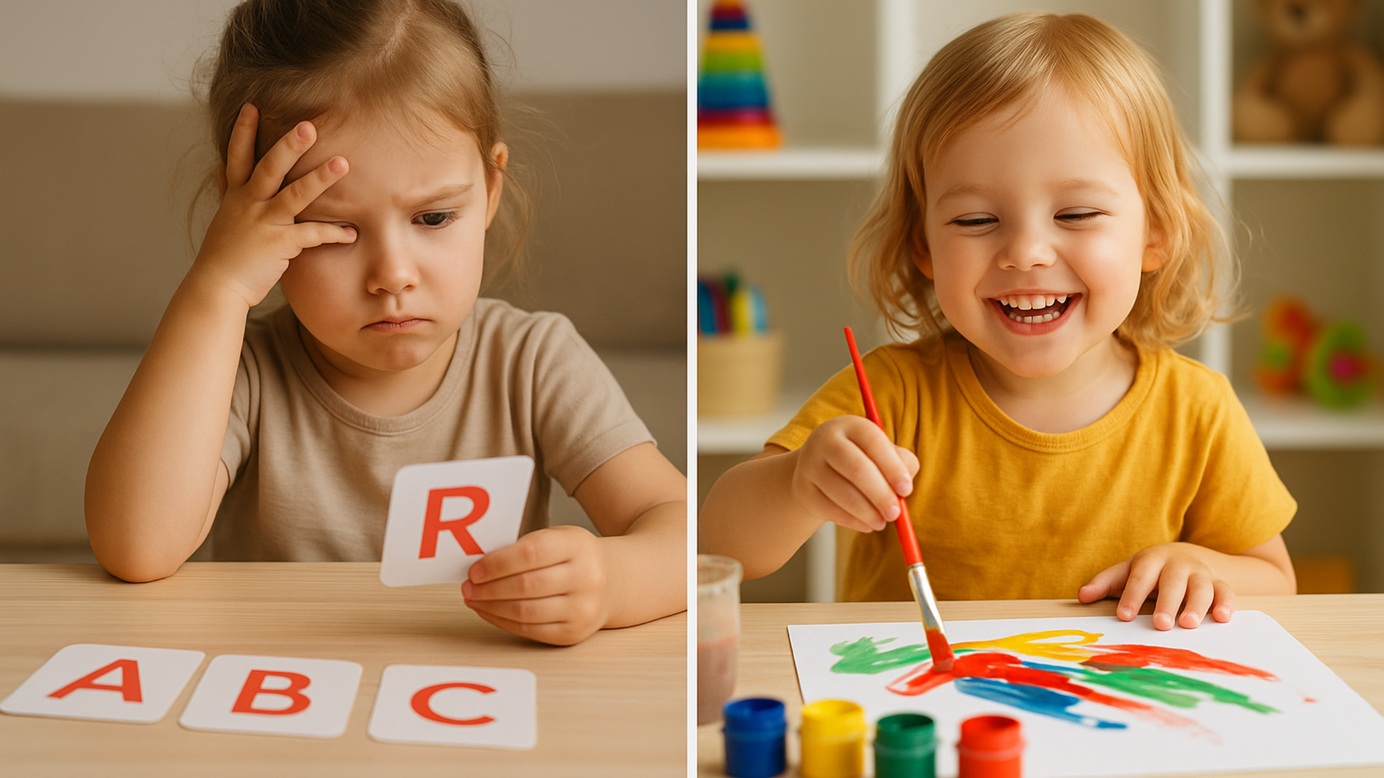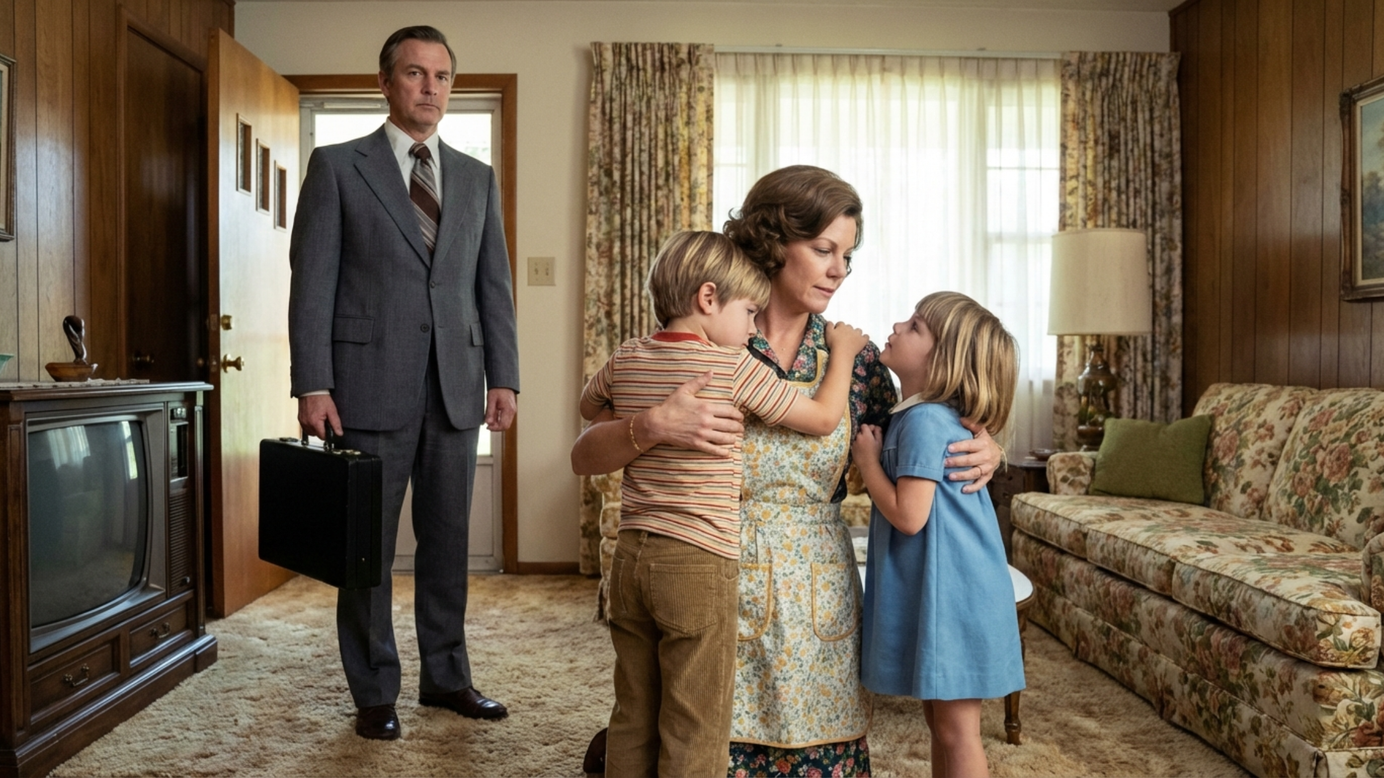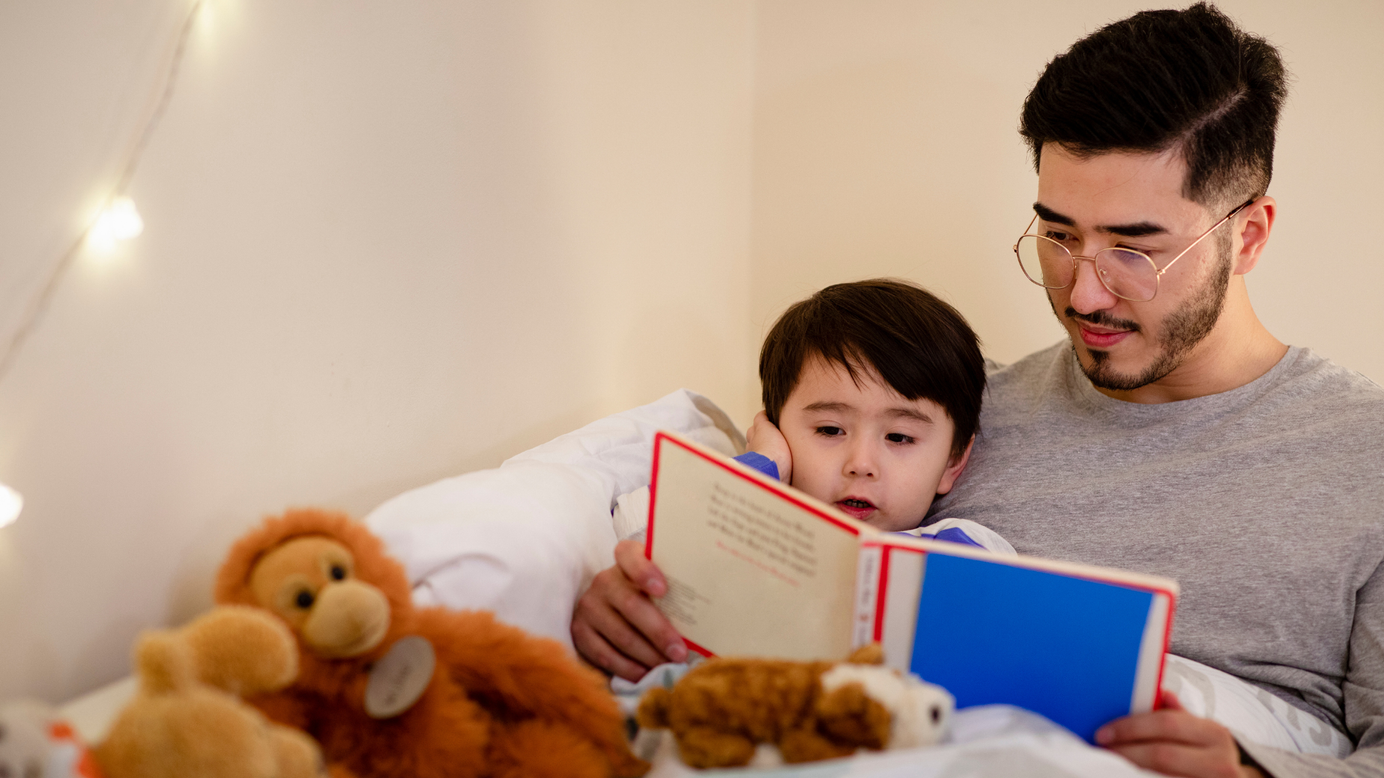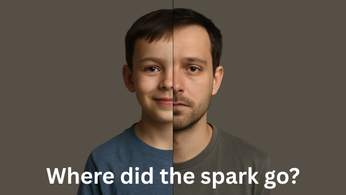
Why Your 3-Year-Old Doesn’t Need to Read Yet
Your toddler doesn’t need to master phonics by preschool. Here’s why early reading often backfires—and what truly fuels future learning.
If your toddler isn’t reading by age 3, relax. You’re not falling behind—and neither are they.
Despite the pressure many parents feel, most early childhood experts agree: teaching young children to read before they’re developmentally ready isn’t just unnecessary—it can even be counterproductive.
The push for early reading often comes from anxiety, not science. It’s natural to want to give your child a head start. But research and decades of educator experience point to a better focus for toddlers: language-rich play, strong relationships, and emotional security.
What the Experts Actually Say
In California—after decades of literacy struggles—the state is finally returning to phonics-based instruction. But even literacy leaders say formal reading instruction doesn’t belong in preschool.
Instead, what matters most before kindergarten?
- 🧠 Speaking and listening: Kids should hear and use rich vocabulary in context.
- 📚 Print awareness: Recognizing that text carries meaning and reading flows left to right.
- 🎭 Storytelling: Building memory, sequencing, and comprehension through playful narratives.
- ❤️ Emotional regulation and social skills: Foundational for all future learning.
The Harm in Rushing
When parents force reading too early, kids often memorize—not understand. It can even cause frustration or label them as “behind” before they’ve truly begun.
As literacy researcher Nell Duke says:
“It’s not about when a child starts reading—it’s about how well they read and love reading by age 8.”
Pushing a 3-year-old to decode letters might feel like a win now, but it doesn’t guarantee long-term literacy strength.
What to Do Instead
If you want to nurture your young child’s brilliance, focus on this instead:
- 📖 Read with them, not at them.
- ❓ Ask open-ended questions during play.
- 🎵 Sing songs. Tell stories. Create rhymes.
- 🚀 Let them lead. Curiosity drives development.
And most importantly: let them play.
Play is how children build the cognitive, social, and emotional muscles that later make reading—and all learning—easier and more meaningful.
GT Takeaway: Reading Isn’t a Race
At GiftedTalented.com, we believe giftedness isn’t just early academics—it’s the combination of potential, environment, and joy.
So don’t stress about flashcards or phonics apps.
Instead, be present. Talk. Laugh. Wonder together.
Because what matters most at age 3 isn’t how many words your child can decode.
It’s how fully they feel seen, loved, and free to explore.
GiftedTalented.com
The world's fastest growing gifted & talented community








